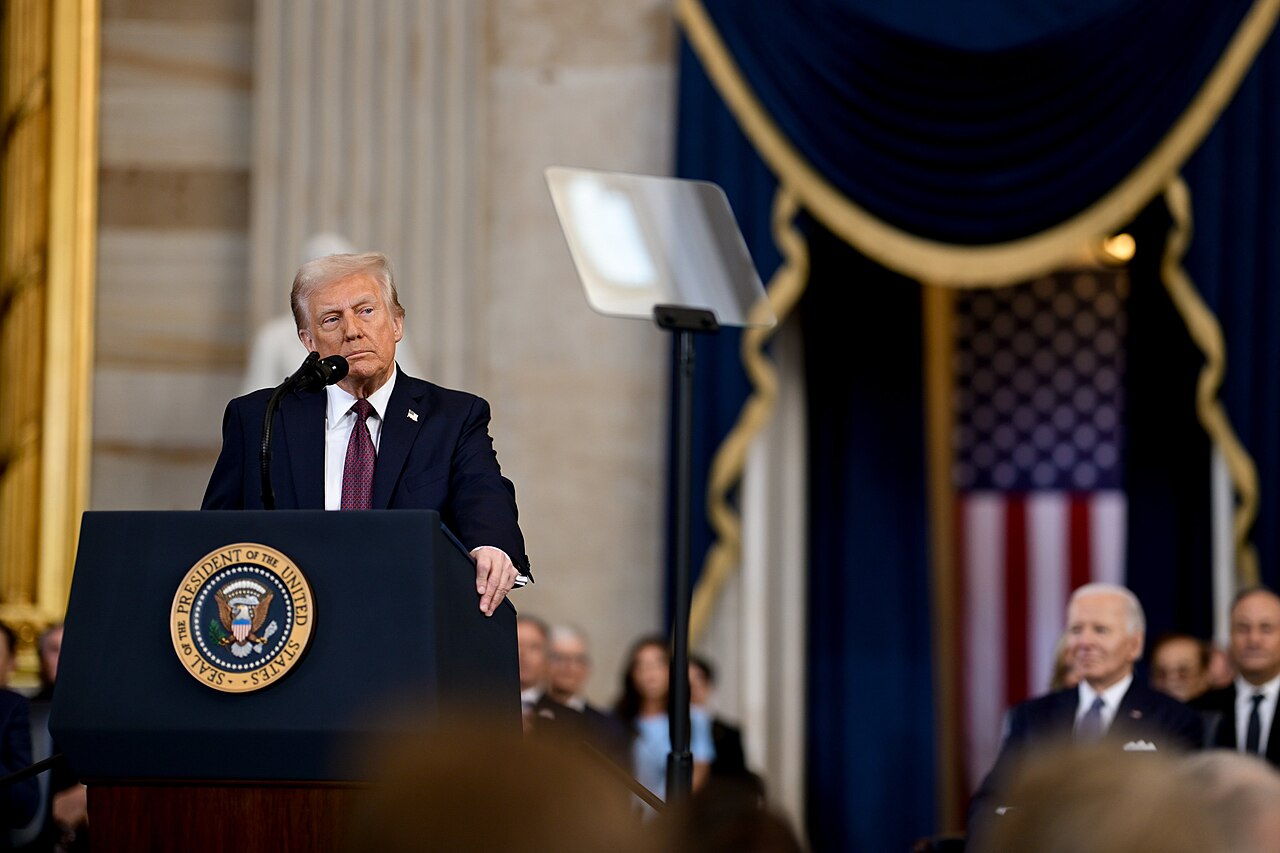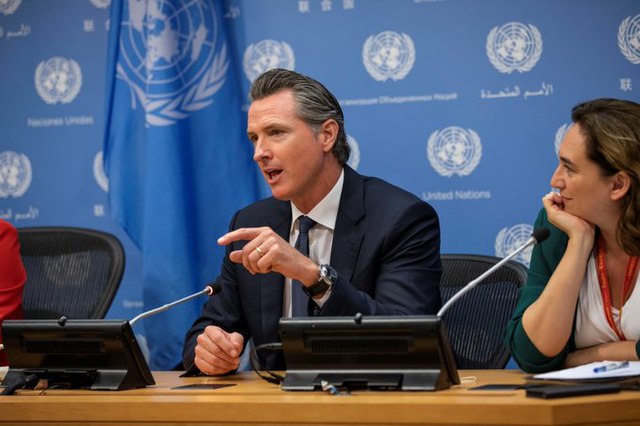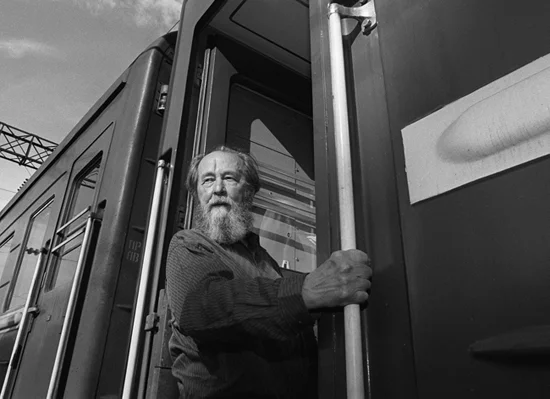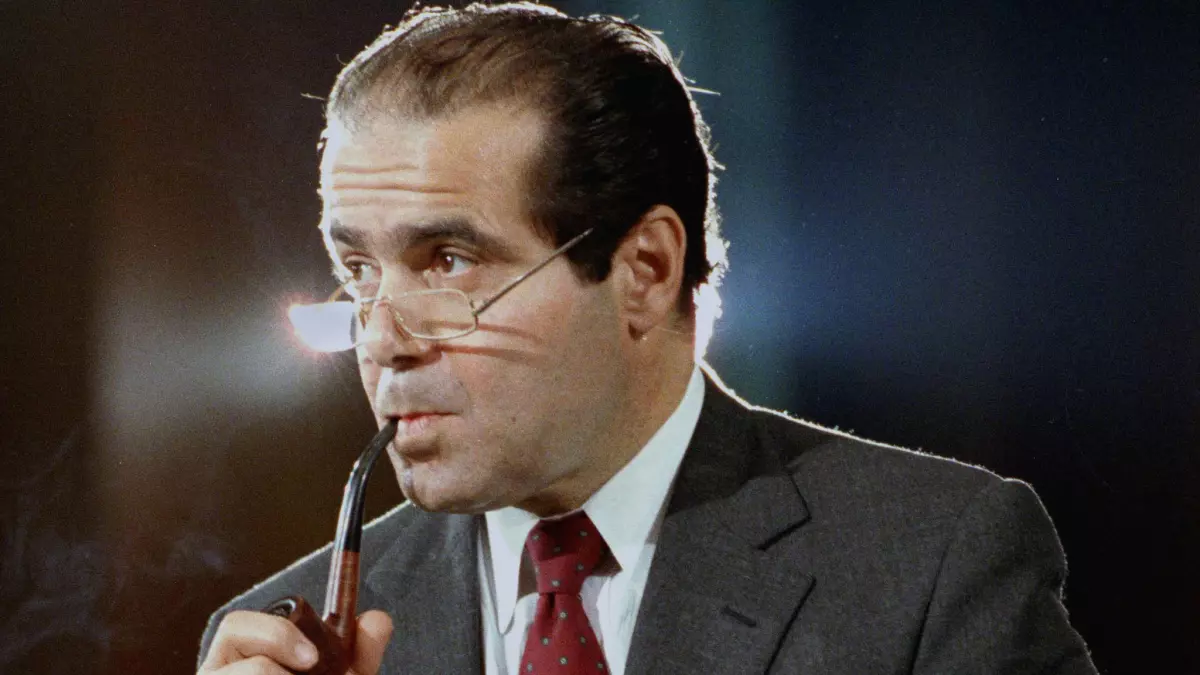
The Persistent Populism of Trump and Mamdani
Rooted in public distrust and driven by would-be champions of sweeping reform, populism remains alive across the political spectrum.
One of the most conspicuous political growth industries in the last several years has been populism, on both the right and the left, with Trump and Mamdani included. For these purposes, I use the standard definition of populism, which stresses how a high level of public distrust of established legal and social institutions leads a self-identified champion to demand significant changes in government operations. That form of populism has traditionally had breeding grounds on both the left and the right. This situation surely holds true today. Thus, to many of his weary supporters, President Donald Trump is now in hot water because they don’t believe that his obvious affection for the rich and famous squares with putting them first. On the other side of the political spectrum, Zohran Mamdani rode into office on his populist promise of affordability, which translates to free buses, no rent increases, and new public grocery stores.
The first step down that populist path is for the prospective champion to convince both himself and his supporters that the will to succeed will somehow translate into change — don’t ask how. The key assumption is that these largely ignorant and wealthy opponents lack the intelligence to understand the imperatives for the new era, let alone resist them. Thus, entering public office will equip the new champion with the tools needed for social transformation.
So, to start with, Trump and his populist supporters share the same grievances as the populists on the left. Paying the bills is their top priority, which cannot be met with high interest rates and declining job security. To these folks, building a new extravaganza ballroom that dwarfs the current White House is a plaything for the rich; assisting 600,000 Chinese students is another betrayal by putting local kids last; and bailing out Argentina’s economy with $20 billion is propping up their competitors, even though it is our number one soybean importer. Most critically on the bread-and-butter issue of affordability, the Trump base is miffed at the perceived high prices of everything. So Trump has long led his supporters down the garden path with his outsized claim that “‘tariffs’ is the most beautiful word to me in the dictionary. Because tariffs are going to make us rich as hell, it’s going to bring our country’s businesses back that left us.”
It is all a sad, demagogic fantasy. Tariffing is a game that everyone can play; so, if its imposition could make America rich at the expense of the world, it could also make the world rich at the expense of America. It is a double delusion when, in fact, shutting down trade hurts people who are already seeing themselves become worse off. At some point, when the price of coffee, bananas, beef, and fruit all go up, Trump’s failure is exposed. We need these imports in quantities, even if those countries don’t have vast appetites for the industrial goods we sell. So, linking their purchases to our purchases through the vehicle of reciprocal trade is a dead loser. So, Trump issues yet another of his many tariff reductions, without having the courage or sense to make them permanent. Nor can he bring himself to admit that the tariff program was responsible for the price rise of these commodities, which only aggravates the affordability worries of his political base. And those supposed tariff gains are paid out, perhaps next year, as a $2,000 handout to compensate for the actual loss of income from the higher costs of buying or the lower revenues of selling. The success of international trade thus depends on the failure of Trump’s broken tariff policy, which was doomed from the start.
Trump’s populism has also manifested itself by imitating Biden’s antitrust view that any increase in meat prices is best attributable to an industry-wide cartel, and not to changes in supply or demand by external forces like storms, rapid policy changes (e.g. on rare earths), and military actions. Trump neatly combines his two errors into one headline: “Trump Administration Cracks Down on Foreign-Owned Meat Packing Cartels.” This version of America First is said to “ALWAYS have the backs of our great American farmers.” But when a farmer's success depends on international trade, Trump’s policy puts America last, by making it more expensive for farmers to sell goods overseas in the face of retaliatory tariffs. In contrast, when Trump pursues policies that reduce regulatory costs, as with his recent move to open large swathes of Alaska to oil and gas drilling, those gains should be palpable because modern drilling techniques can produce considerable increases in output at little or no environmental cost. There are two Trumps at war with each other: may growth prevail to quiet the discontent of his populist wing.
There is, unfortunately, little possibility that Mamdani in New York (or his Seattle double Katie Wilson) will seek salvation in growth over dangerous policies of taxation and regulation. Unfortunately, they have already whetted the appetites of their supporters for generational policies that will take failing progressive cities and move them further to the left. The first thing that Mamdani must remember is that there are systematic reasons why socialism fails, of which the most dominant is that a state-controlled economy receives few if any price signals needed to direct where human, physical, and intellectual resources are allocated. State ownership puts fools and kleptocrats in charge of the system, leading to the destruction of countries like Cuba and Venezuela before our eyes. These massive distortions lead to exile for the lucky ones, and enormous deprivation for those who are left behind. Mamdani is too clever by half when he thinks that this time round the future will be different because he oversees an enthusiastic populist base. But he is all ends and no means, which means that much of his base may turn on him when, not if, his program fails.
And fail he will because in his effort to make New York City more affordable for (not quite everyone), he runs the risk of driving out of the city the most productive individuals and firms that he should be courting. It will not happen all at once, but in stages. Chase already has more employees in Texas, even if many of the high-rollers for now stay in New York City. Goldman is building a facility for 5,000 workers in Dallas. The population decline in New York state should come as no surprise to anyone who has watched the state’s electoral vote drop from 47 in 1940 to 29 in 2020. But for all his evident evangelical skills, Mamdani is unable or unwilling to offer any refutation to the simple point that people and capital are mobile, which means that they head for the exits if he decides to make a bad situation worse. It is not just the initial salvo of tax increases, bad housing, and dangerous streets. Likely, he will never reverse course when it is all too easy for him to denounce his opponents for thwarting the schemes that he puts together.
He is not yet in office, but already Tennessee and Texas beckon and will prove, like other red states, a magnet to the one percent of the population that now pays 40 percent of the taxes, which Mamdani wants to boost to 60 percent if he can get Governor Hochul’s approval. There is only one way to do that: reduce barriers to entry, weaken the reliance on high-priced union labor, and remove limits on rents. New York has been moving in the opposite direction for close to 100 years. He wants to take the city further down the path of real estate ruin by doubling down on the recent policies that got us to this sad point.
Ironically, his key opponent, Andrew Cuomo was the man responsible for signing New York’s 2019 rent stabilization law that both tightened and extended tenant protections for all existing units, thereby putting landlords both large and small in a financial squeeze that reduces the quality of the current housing stock and drives away potential developers who see the city as a veritable sinkhole for investment dollars. There is now, as there have been many times before, an attempt to persuade the courts to treat rent control as a taking, warranting financial receipt. Recently, the Institute for Justice has launched a new initiative against the current regime, which, even if ultimately successful, will be too little and too late to address the current shortage, which requires the backing of the Mayor and Governor to have any chance of success.
It's not just the builders and financiers who will decamp to warmer places. It is just about everyone else who will go too. Couples with young children will likely flee because they cannot afford the costs of housing and education, as the most expensive city in the world is about to become less affordable due to Mamdani’s counterproductive policies. The city faces a potential crime problem that won’t be stopped when cities like Houston start recruiting New York City Police, the day that Mamdani won — a trend that will continue if Jessica Tisch does not remain Police Commissioner. And a restive and anxious Jewish population, which, if it does not leave for Israel or Texas, will demand firearms in self-defense. The rest of his program, from free buses to city-run grocery stores, staffed by high-paid union labor, will also be as successful as the public housing projects that were taken over by gangs.
So keep the comparisons in perspective. There are many Trump pluses that may let him survive his major regulatory blunders. Mamdani has no breathing room; the Mayor may fail even before he takes office.
Richard A. Epstein is a senior research fellow at the Civitas Institute. He is also the inaugural Laurence A. Tisch Professor of Law at NYU School of Law, where he serves as a Director of the Classical Liberal Institute, which he helped found in 2013. Epstein is also the James Parker Hall Distinguished Service Professor of Law Emeritus and a senior lecturer at the University of Chicago.
Politics

National Civitas Institute Poll: Americans are Anxious and Frustrated, Creating a Challenging Environment for Leaders
The poll reveals a deeply pessimistic American electorate, with a majority convinced the nation is on the wrong track.
.webp)
Liberal Democracy Reexamined: Leo Strauss on Alexis de Tocqueville
This article explores Leo Strauss’s thoughts on Alexis de Tocqueville in his 1954 “Natural Right” course transcript.
%20(1).avif)
Long Distance Migration as a Two-Step Sorting Process: The Resettlement of Californians in Texas
Here we press the question of whether the well-documented stream of migrants relocating from California to Texas has been sufficient to alter the political complexion of the destination state.
%20(3).avif)
Who's That Knocking? A Study of the Strategic Choices Facing Large-Scale Grassroots Canvassing Efforts
Although there is a consensus that personalized forms of campaign outreach are more likely to be effective at either mobilizing or even persuading voters, there remains uncertainty about how campaigns should implement get-out-the-vote (GOTV) programs, especially at a truly expansive scale.

There's a Perception Gap With the U.S. Economy
As we approach another election cycle, it’s worth asking: what’s real, what’s political theater, and what does it all mean if Democrats regain control of the House?

International Law Is Holding Democracies Back
The United States should use this moment to argue for a different approach to the rules of war.

Trump purged America’s Leftist toxins. Now hubris will be his downfall
From ending DEI madness and net zero to securing the border, he’ll leave the US stronger. But his excesses are inciting a Left-wing backlash

California’s wealth tax tests the limits of progressive politics
Until the country finds a way to convince the average American that extreme wealth does not come at their expense, both the oligarchs and the heavily Democratic professional classes risk experiencing serious tax raids unseen for decades.

When Duvall Played Stalin
It’s strange to compliment an actor for impersonating a tyrant, but it is an act of courage.

When Vanity Leads to Impropriety
A president should simply not be allowed to name anything after himself without checks from Congress or an independent commission.
.avif)










